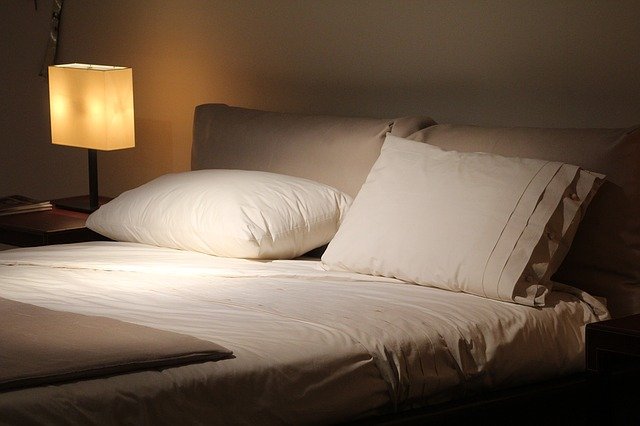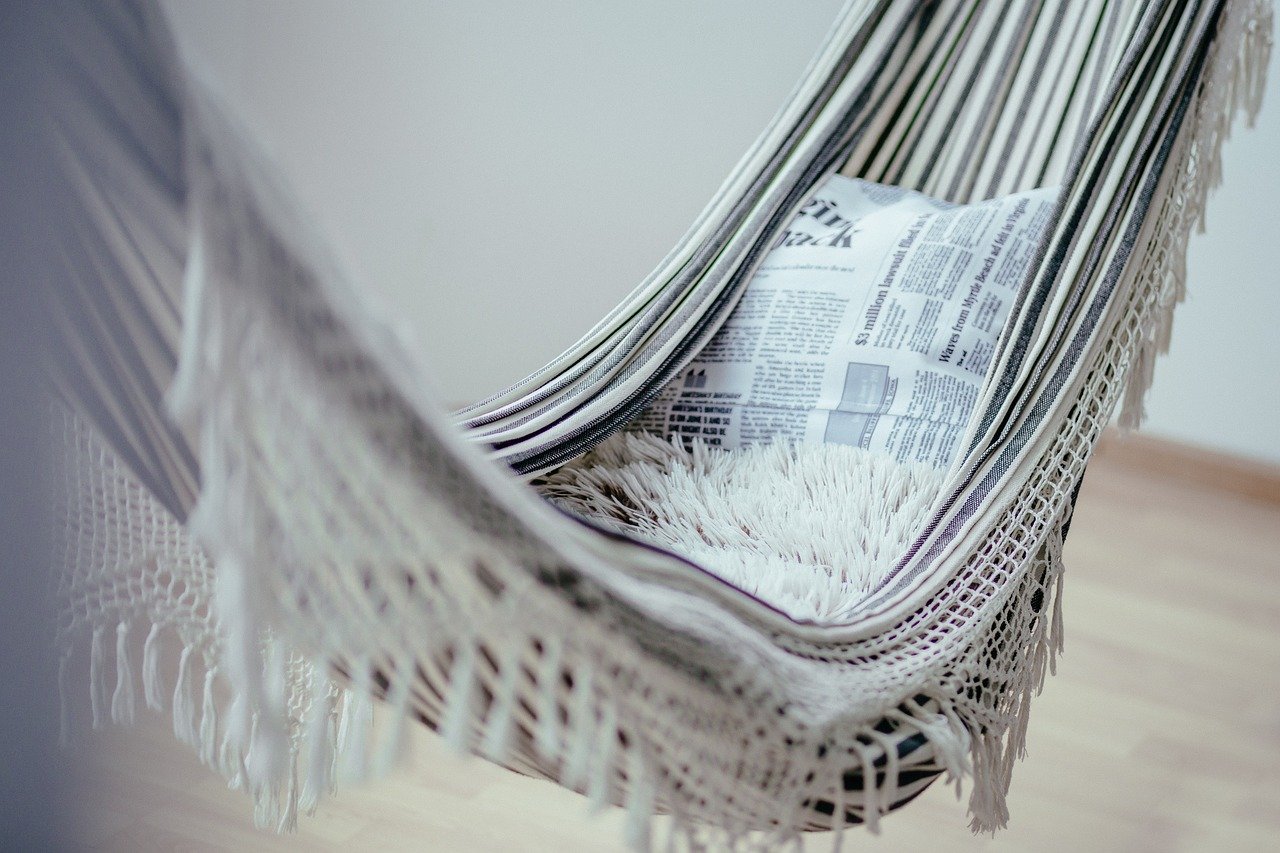It might be that extra cup of coffee in the evening. It might be browsing on social media right before bedtime. It might be going to bed at 3 am on the weekend, or maybe even that hour-long nap the next day. Whatever it is, daily and nightly habits have a direct impact on sleep. Fortunately, behaviours are modifiable and the majority of them can be changed through awareness and conscious effort.
Here are 10 simple tips related to daily habits, nightly routines, and the bedroom environment that can help you get more satisfying sleep.

1. Maintain a regular sleep schedule.
Consistency is key here. Maintaining a fixed bedtime and wake up time (plus or minus 30-45 minutes) even on weekends helps to synchronize the biological clock of sleep. Keeping that regular wake schedule becomes especially important after a bad night because sleeping in can disturb the subsequent night’s sleep. The best sleep schedule is one that suits your needs according to your age, chronotype (early bird or night owl), sleeper type (short, intermediate, long), and external demands to which you must comply (for example, work or school start times). To learn more about having a sleep schedule that fits your natural needs, you can also read “Sleep, a personal and evolving natural need”.
2. Create a consistent bedtime routine.
Reserving 30-60 minutes before bed to perform a nightly routine can help in preparing your mind and body to sleep. A consistent bedtime routine looks different for everyone but it usually includes a series of unwinding activities such as putting on a pajama, brushing your teeth, reading a book, listening to calming music, etc. No matter what your bedtime routine looks like, try to limit light exposure (including that of electronic devices) and try to stay outside of the bedroom until you are ready for sleep.


3. Make your bedroom a haven for sleep.
The optimal bedroom environment is one that is dark, quiet, and cold (approximately 18 degrees Celsius). Heavy curtains, eye masks, ear plugs, or white noise, for example, can help create that perfect nest. Comfortable bedding, pillows, and mattress are also essentials.
4. Establish a positive association between your bed and sleep.
If you get bit by a snake, your brain will associate snakes with danger, therefore, the mere sight of a snake will provoke fear. A similar pairing can happen with sleep. If you sit in bed eating, reading, watching television, working, or even just thinking, your brain will associate the bed (and bedroom) with wakefulness. The goal is to create a new association between the bed and the act of sleeping – not with being awake. To do so, the bedroom must be reserved for sleep and intimacy ONLY. There are some additional ground rules to follow:
- a) Go to bed only when sleepy;
- b) If you don’t sleep after approximately 20 minutes (evaluated subjectively), get out of the bedroom, do a non-stimulating activity in calming low light, and only return to bed when sleepy (do this as many times as needed);
- c) Do not look at the clock as this causes unnecessary feelings of pressure and anxiety.


5. Avoid bright light exposure in the evening and night.
In terms of sleep, light can either be your best friend or your worst enemy, all you need to know is how to use it to your advantage. Daylight exposure is key to help your biological clock stay on time so use it abundantly in the morning and during the day. On the other hand, bright light in the evening impedes melatonin production and can therefore delay your sleep. Instead, use dim light in the evening. Blue light, such as the one produced by cell phones, tablets, and computers is especially harmful to sleep. Blue light filters can partially reduce blue light exposure; however, it is best to refrain from using electronic devices at least 60 minutes before bedtime.
6. Be mindful of what you eat before sleep.
As a general rule, it is best to keep a regular meal schedule and to avoid eating late at night – especially heavy, fatty, or spicy meals. Instead, try to opt for light food or a small snack before bed. So, if you’re ever torn between having that double bacon cheeseburger or a bowl of cereal before bedtime, you might want to choose the latter for the sake of sleep.


7. Watch your caffeine, nicotine, and alcohol intake.
The consumption of stimulants such as coffee, tea, energy drinks, and nicotine can lead to difficulties falling asleep and staying asleep. Likewise, although alcohol can make you fall asleep faster, it generally leads to shorter and lighter sleep. Avoiding these substances altogether would be optimal for sleep, however, this may not be a realistic goal for everyone. As such, limiting caffeine, nicotine, and alcohol intake (especially in the afternoon and evening) can be very beneficial for sleep.
8. Try to exercise regularly.
30 minutes of physical activity every day is one of the best ways to stay healthy and to get better and deeper sleep. It is preferable to exercise during the daytime (bonus points if you get some light exposure in doing so) and to finish exercising at least 2 hours before bedtime.


9. Stay awake during the day.
Short 10-20-minute naps can make you feel energized without having a significant negative impact on your overnight sleep. On the other hand, longer naps can leave you feeling sleepier during the day and can make your next nighttime sleep more challenging. If you must nap, try to keep it no longer than 20 minutes and do it preferably in the early afternoon (between 1pm and 3pm). Click here for more information on the art and science of napping.
10. Take some time to relax.
As many of us have experienced, stress, anxiety, and over-stimulation can definitely make sleep challenging. The daily practice of relaxation techniques such as deep breathing, mindfulness, yoga, guided imagery, and progressive muscle relaxation can be a great way to unwind! Setting aside some time during the day (not near bedtime) to reflect and write down your thoughts, worries, and to-dos is another great way to free your mind in time for sleep.

Just because behaviours are modifiable doesn’t mean that it is necessarily easy for everyone. You definitely don’t have to change your habits all at once – you can start gradually and experiment to see what works for you and what doesn’t. If sleep continues to be an issue, talk about it with health and sleep professionals. Bed partners (if applicable) are often good witnesses and can help raise red flags for sleep problems, so don’t hesitate to listen to your partner and seek additional help. Now, have a good night!
